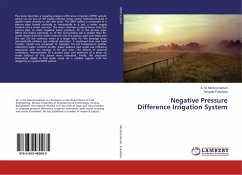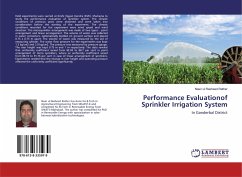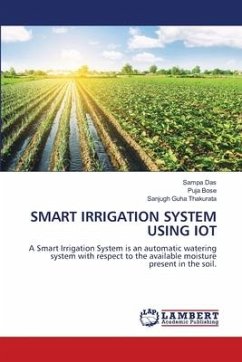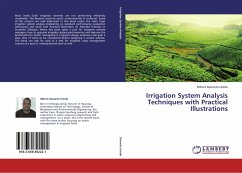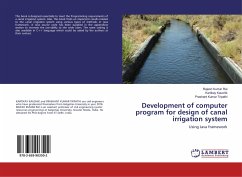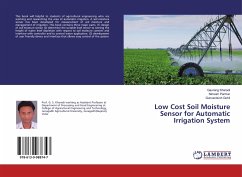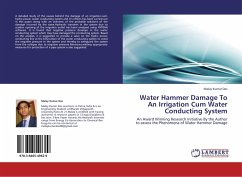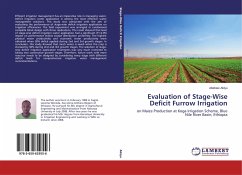This book describes a negative pressure difference irrigation (NPDI) system, which can be one of the highly efficient water saving methods because it applies water directly to the root zone. The NPDI system is composed of a porous pipe buried vertically or horizontally in a soil, a water supply conduit and a water reservoir. The water reservoir is placed lower than the porous pipe to make negative water pressure, Pn in the porous pipe. When the matric potential, , of the surrounding soil is smaller than Pn, water moves from the water reservoir into the porous pipe and seeps into the soil. On the contrary, when is larger than Pn, the seepage stops automatically without any artificial operation. A combined heat and mass transfer model was proposed to calculate the soil temperature profile, volumetric water content profile, water balance and water use efficiency associated with the change in Pn and time. The effects of external conditions, characteristics of a porous pipe and existence of a plant on water balance of the system were evaluated. Finally, the proposed theoretical model in this book could be a reliable support tool for designing an optimal NPDI system.

